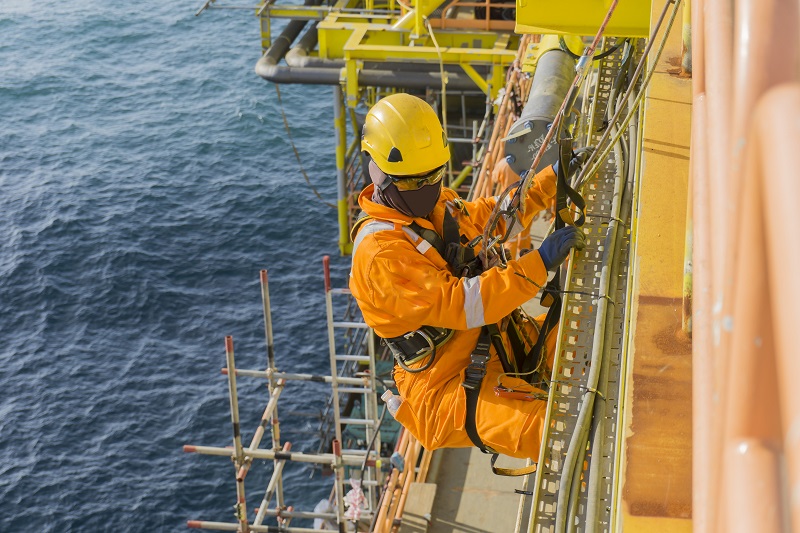Drowning is a potentially fatal respiratory impairment resulting from being submerged or immersed in water or another liquid. Because it deprives the brain of oxygen, drowning can cause death or serious injury within a matter of minutes. According to the World Health Organization, over 350,000 people worldwide die from drowning each year.
Drowning is a danger most maritime workers face on a daily basis, whether they work on the docks, aboard a vessel or on an oil rig or other offshore structure. Drowning accidents claim the lives of many maritime workers each year. Unfortunately, in a lot of instances these accidents could have been prevented. They happened because of improper repair and maintenance, a lack of safety training, a lack of safety equipment, and human error.
How Do Maritime Worker Drowning Accidents Happen?
A drowning accident can happen at any time. A maritime worker can drown as a result of:

Drowning is a serious medical emergency. Death can happen in only a matter of minutes if the victim is not rescued from the water and given immediate medical treatment to drain the fluid from the lungs and get their heart and lungs functioning again.
Even if they survive, victims can be left with severe brain damage and other disabling injuries. Toxic chemicals and other contaminants in the water can cause damage to the lungs and other organs.
The inhaled water can even act as an irritant inside the lungs, resulting in a condition called pulmonary edema, the extrusion of liquid into the lungs. This reaction can take place up to 72 hours after the drowning incident, and result in the victim being unable to exchange air, causing them to drown a second time – this time as their lungs are filled by their own body fluids.
Legal Remedies after a Maritime Drowning Accident
When a maritime worker is killed or injured in a drowning accident caused by the unseaworthiness of a vessel or other act of negligence, the Jones Act, Death on the High Seas Act (DOSHA), the Outer Continental Shelf Lands Act (OCSLA) and other maritime laws give the victims and their families the right to seek compensation for the damages resulting from this accident.
Depending on the circumstances, the victim of a maritime drowning accident can recover compensation for damages related to past and future medical expenses, loss of income and pain and suffering. The families of a maritime worker who died in a drowning accident can file a wrongful death suit to recover compensation for damages such as funeral costs, loss of support, deceased’s unpaid medical bills, etc.
Lambert Zainey Represents the Victims of Maritime Accidents and Their Families
The New Orleans-based Lambert Firm is one of the nation’s leading maritime injury law firms. Our maritime lawyers have successfully resolved hundreds of maritime claims all over the world.
While no amount of litigation can bring a loved one back, Lambert Zainey can make sure that you can continue to live the life your loved one worked so hard to provide for you, without being burdened by medical, funeral and other expenses. We have successfully represented the victims of maritime drowning accidents and their families in several claims, including obtaining millions of dollars in settlements for the families of workers who drowned in the Drillship Seacrest capsize in 1989 and the Penrod 61 MODU collapse in 1985. Our maritime injury attorneys possess the experience, dedication and resources to ensure you receive all the compensation you deserve for the wrongful death of a loved one.
If you have lost a family member in a maritime worker drowning accident or were injured in a maritime drowning accident, we urge you to reach out to Lambert Zainey. Contact us today to schedule a free consultation with one of our maritime injury attorneys to discuss your case and determine the best way to move forward with your claim. We represent clients on a contingency basis, meaning there are no up-front costs if we decide to represent you and you do not pay us unless and until we win compensation for you.
